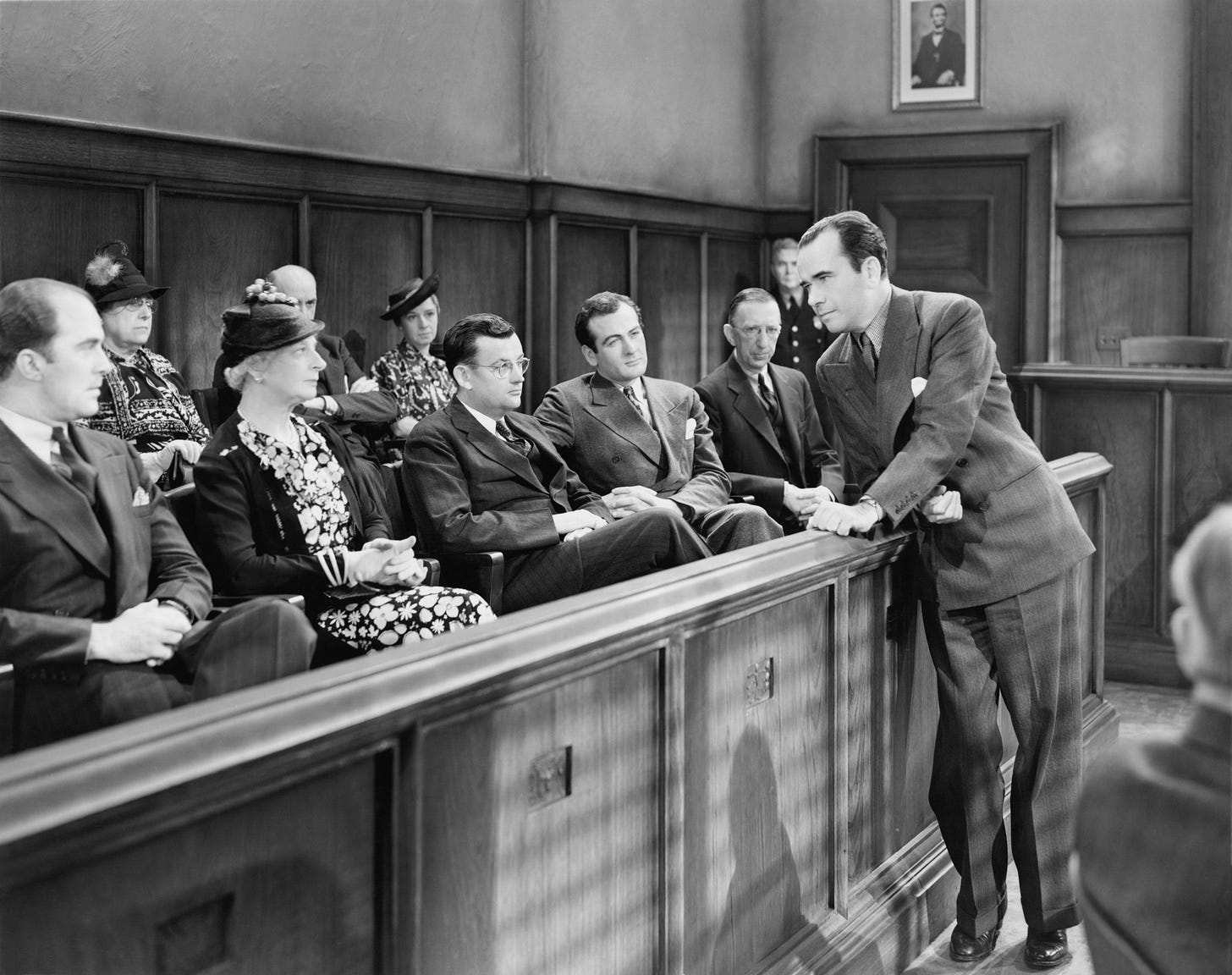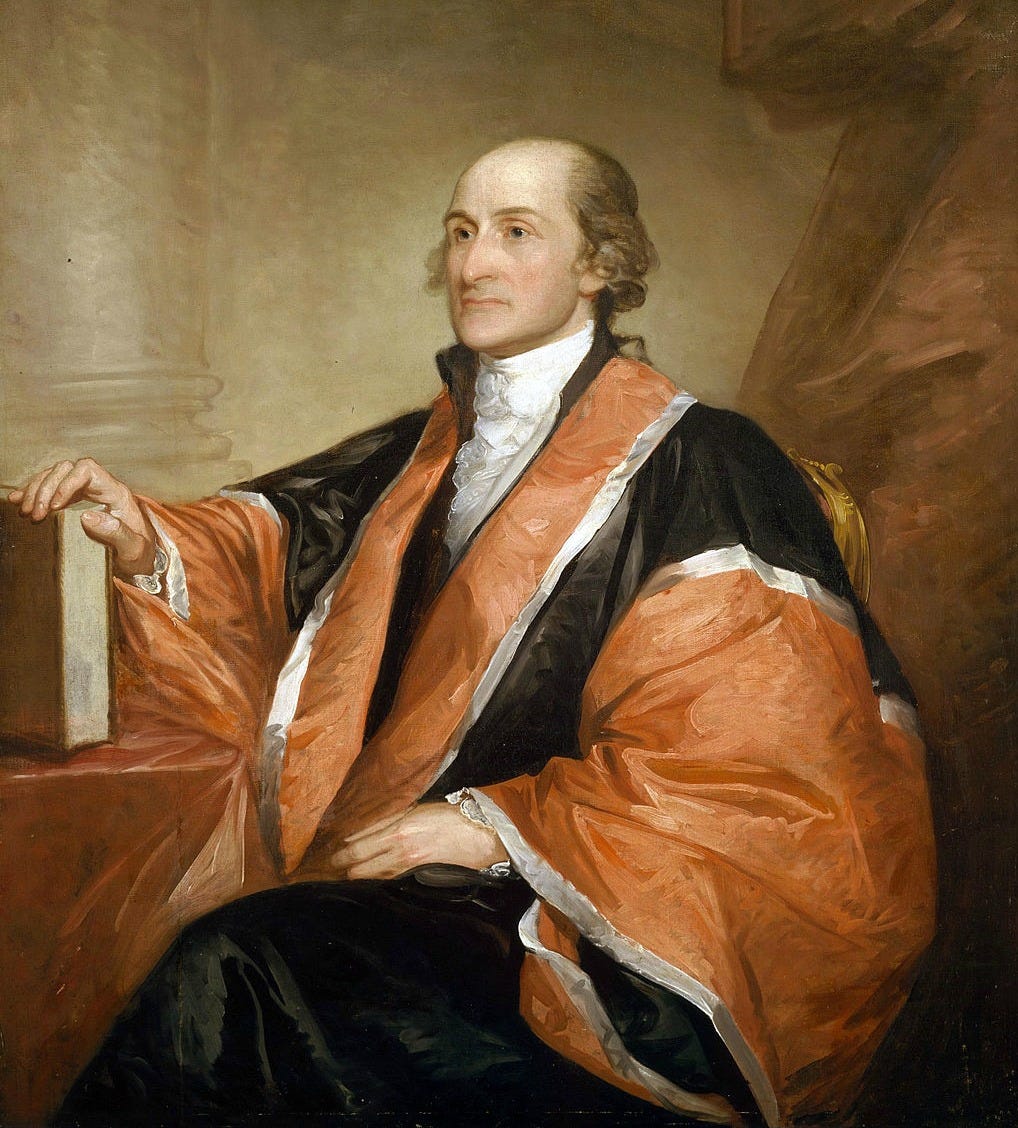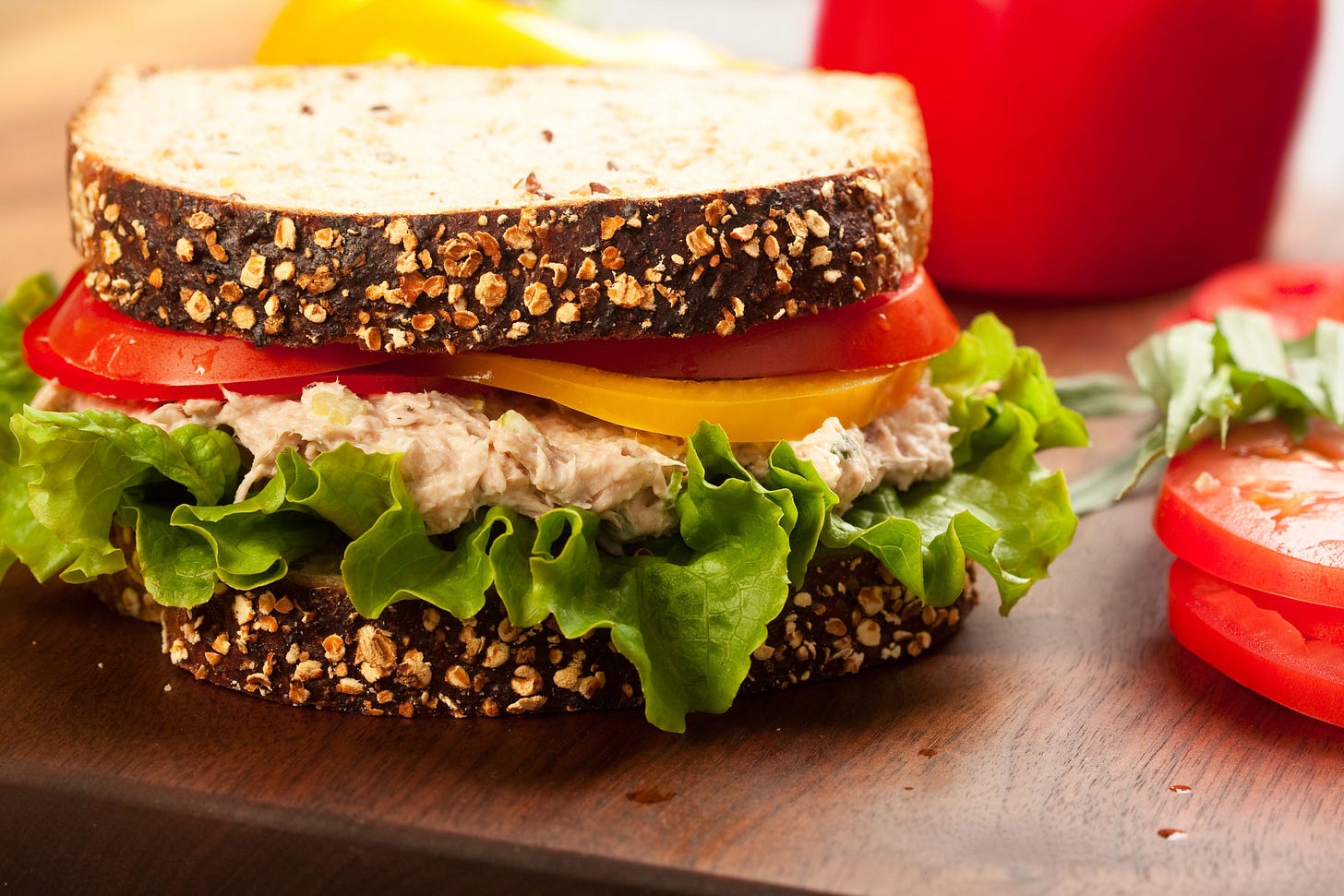Here, I defend jury nullification.*
[ *Based on: “A Defense of Jury Nullification,” pp. 39-50 in The Palgrave Handbook of Philosophy and Public Policy, ed. David Boonin (Palgrave Macmillan, 2018). ]
1. The Practice of Jury Nullification
Jury nullification is a practice in which a jury disregards the law and votes to acquit a defendant on the ground that, in their opinion, a conviction would be unjust. Some famous examples:
In 1735, the journalist John Peter Zenger was prosecuted for publishing articles criticizing the governor of New York. Zenger’s defense at trial was that everything he had said was true. The prosecutor argued that this was irrelevant. The judge agreed and all but ordered the jury to convict. The jury deliberated for 10 minutes before coming back with a verdict of “Not Guilty”, thus initiating America’s tradition of free speech.
In the slavery era, Northern juries often acquitted those accused of helping runaway slaves.
Dr. Jack Kevorkian was acquitted 3 times for assisting terminally ill patients to commit suicide.
Today, drug trials often result in acquittal, partly due to widespread opposition to the drug laws.
2. Is Jury Nullification Legally Valid?
Yes. This is beyond question, though many people who should know better question it anyway. There is no law against it, the jury’s verdict is legally binding and cannot be overturned, nor can anyone be punished for it.
“If the jury feels that the law under which the defendant is accused is unjust, or that exigent circumstances justified the actions of the accused, or for any reason which appeals to their logic or passion, the jury has the power to acquit, and the courts must abide by that decision.”
—United States v. Moylan (1969).
The U.S. Constitution guarantees the right to a jury trial for criminal cases twice (Article III + Amendment 6). Many of the founders considered this a crucial safeguard for liberty. How so?
If there was anyone who would understand this, it would be John Jay—one of the three authors of the Federalist Papers, a key architect of the Constitution, and the first Chief Justice of the U.S. Supreme Court. Jay presided over the only jury trial the Supreme Court has ever conducted. In that case, he told the jury:
It may not be amiss, here, Gentlemen, to remind you of the good old rule, that on questions of fact, it is the province of the jury, on questions of law, it is the province of the court to decide. But it must be observed that by the same law, which recognizes this reasonable distribution of jurisdiction, you have nevertheless a right to take upon yourselves to judge of both, and to determine the law as well as the fact in controversy. … [B]oth objects are lawfully within your power of decision.
—Georgia v. Brailsford (1794) (emphasis added)
3. Is Nullification Moral?
Jury nullification is moral when conviction would result in an unjust punishment. This could be because (i) the law itself is unjust, (ii) the application of the law to this specific case would be unjust, or (iii) the punishment would be excessive.
Example: You’re out with a friend who happens to be gay. You run into a gang of gaybashing hoodlums. The gang leader asks you whether your friend is gay, because if he is, they plan to beat him up. What should you say?
Obviously, you should answer “no”. The gang has no right to know strangers’ sexual orientation, especially when they plan to use it as an excuse for inflicting serious, unjust harm.
This is analogous to the following situation:
You’re in a courtroom where there’s a defendant who has done nothing wrong and doesn’t deserve to be punished. The state asks you whether he has ingested some cocaine, because if he did, they plan to imprison him for ten years. What should you say?
Again, obviously, you should answer “no”. The reason is very simple:
It is prima facie wrong to knowingly cause unjust harm.
Convicting a defendant who does not deserve to be punished causes unjust harm.
Therefore, it is prima facie wrong to convict a defendant who does not deserve to be punished.
4. Objections
Given the very obvious and powerful reason in favor of jury nullification, the opponents of the practice must have some really clear and powerful reasons against it, reasons strong enough to outweigh the importance of not, say, stealing ten years of someone’s life.
Let’s look at these reasons (these are actual arguments given by actual judges and scholars).
4.1. How can we know?
Objection: You can’t really know what is just or unjust. Therefore, it’s better to just defer to the laws made by the democratic process.
Reply:
This argument has two premises. First:
You can’t know what is just or unjust. This has two interpretations:
You can never know anything about justice.
You can’t have perfect (e.g., complete, absolutely certain) knowledge of justice.
Reply to 1a:
1a is ridiculous. I know that slavery is unjust; I know that punishing someone for truthfully criticizing the governor of New York is unjust; etc.
If 1a were true, then the state would also know nothing about justice, in which case there would be no point in having laws, a court system, etc.
Reply to 1b:
You don’t need perfect, absolute knowledge in order to take actions in the world.
If you did need that, then the state also would need it. Since the state lacks perfect knowledge, they wouldn’t be justified in making or enforcing laws, etc.
You also don’t have perfect knowledge of the laws, or of the facts in a given case, so you also would be unable to decide based on those things.
Second premise:
The laws reliably indicate what is just or unjust (or at least good or bad?).
Reply to 2:
There are many reasons why unjust or harmful laws can easily come about. This is not at all unusual, and it is really not hard to recognize at least some of the cases in which this has happened. Examples:
The Fugitive Slave laws were obviously unjust.
It’s obviously unjust to punish someone for truthfully criticizing the governor.
It’s unjust to sentence someone to prison for 70 years for stealing a tuna sandwich.
These are all actual examples of things that have been legally required in America.
4.2. The Jurors’ Oath
Objection: Nullification violates the oath that jurors take to find a verdict according to the law.
Reply:
There are three principles about when it is permissible to break a promise:
In general, it’s permissible (even obligatory) to break a promise when doing so is necessary to prevent someone from suffering serious, unjust harm. In the case of a jury trial where conviction would result in an unjust punishment, the only way to prevent a serious, unjust harm is to acquit.
Promise-breaking is especially easy to justify when the promisee (the person you made the promise to) is the one creating the threat of unjust harm. The promisee then has no complaint since it is his own immoral threat that forces you to break the promise. In jury nullification cases, the state is the promisee, and they are also the one creating the threat of unjust harm, so they have no valid complaint.
Promises are not binding when they are extracted through a threat of wrongful coercion.
Suppose you are a prospective juror, in a case where the law in question is unjust. If you don’t get on the jury, there is about a 90% probability that the defendant gets convicted (that’s the base rate). So the only way for you to prevent a serious, unjust harm is to get on the jury, and the only way to do that is to take the oath that the state is demanding you to take. So that is a coerced promise, so that is not binding.
4.3. Rule of Law
Objection: Jury nullification violates the principle of “the rule of law”!
Reply:
What is this supposed to mean? Two interpretations:
It violates the principle that you should always enforce the law, whether or not it results in injustice.
This is just question-begging. Obviously, nullification advocates reject that “principle”, and no justification has been given for it. All we’ve been given is a fancy word for the rejection of jury nullification.
Legal outcomes should be predictable based on the written law, not dependent on subjective judgment.
Reply:
a. Even without nullification, legal outcomes are unpredictable. If someone breaks the law, it’s unpredictable whether they will ever be caught (most people are not). There can be disagreements about interpretation of the law and disagreements about the facts of the case. No one seems very worried about these sources of unpredictability.
b. Nor is anyone worried about the almost total discretion prosecutors have in deciding whether to charge someone, and with what. Nor the discretion judges have with many aspects of a case. For some reason, only discretion by juries is a threat to “rule of law”. This is obviously bogus.
c. Suppose you have a case in which the factual evidence is confusing. You think that most juries would be convinced by it and would convict; however, you yourself find the evidence unconvincing. Should you vote to convict, in order to increase predictability?
Everyone agrees that the answer is “no”. This shows that the value of predictability does not outweigh the evil of unjust punishment of an individual defendant.
4.4. Wrongful Nullification
Objection: There have been times when juries wrongly nullified the law, e.g., racist juries acquitting people of hate crimes.
Reply:
The fact that someone has done something for bad reasons does not mean that you should never do that thing for any reason. E.g., people often lie for bad reasons; it doesn’t follow that no one should ever lie.
Similarly, jury nullification to help a racist get away with hate crimes is wrong. It doesn’t follow that jury nullification to stop someone who has done nothing wrong from going to prison for 20 years is also wrong.
5. Conclusion
The founders of the American government designed a system to safeguard against unjust laws and unjust applications of the law. This includes the trial by jury, which was specifically designed to allow juries to morally evaluate the law in each particular case. That is the whole point of it and the key reason why it was considered important.
Unfortunately, authoritarian judges who disagree with the Constitution have taken it upon themselves to circumvent this crucial safeguard by falsely instructing juries that they don’t have the right to evaluate the law. These judges are the ones who are violating the rule of law by placing their own impulses above the Constitution.
Judges and prosecutors often express near-total confidence that jury nullification is completely indefensible. In fact, it is their view that is completely indefensible. The moral case for nullification is simple, obvious, and extremely powerful on its face. The objections discussed above (section 4) are the most common arguments against nullification, but they are among the dumbest arguments you can find (outside of people trying to rationalize meat-eating, of course).







I think this exaggerates slightly the intent of the founders in embracing jury trial. There are supporters of juries who are less enthusiastic about nullification. They think juries guard against bias and corruption among judges. Otherwise, it would be hard to explain the origin and persistence of juries. The Bushel case that established jury nullification as a precedent involved the jailing of jurors, who because they refused to give the decision approved by the judge were held without food, water or heat overnight, and eventually fined by the judge for contempt of court. So at the time, the jury was accepted, but nullification had to be established.
The low opinion toward jury nullification among judges and prosecutors, and the tendency of judges to lie to juries in court about it, should make outsiders uncomfortable. There are other indications that the US court system has become corrupt, but this seems to be one of the clearest.